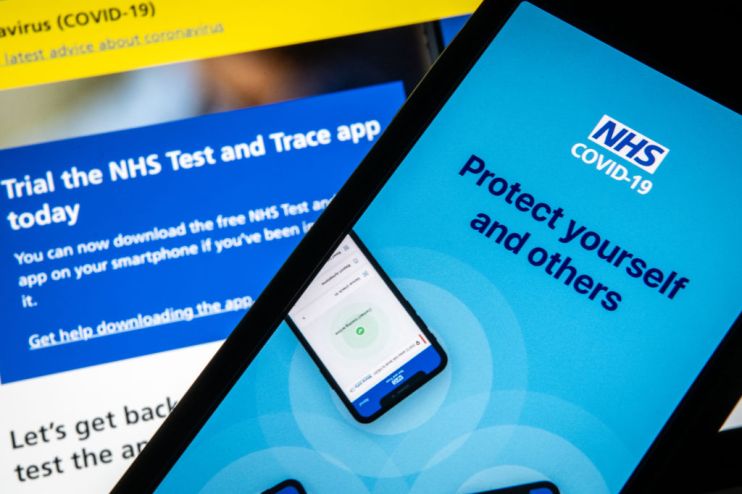Ministers must avoid slap-dash rules for Covid passports or they risk falling foul of human rights laws

Are they a ticket to freedom or a tool of oppression? Will they encourage vaccinations or discriminate against vaccine sceptics? Are they worth the paper, or the code, they are written on? As arguments swirl around “Covid status certificates” or “Vaccine Passports” in the corridors of power around the world, human rights law may help us to plot a pragmatic pathway through the polemic.
Last week, the European Court of Human Rights ruled on a case brought against the Czech Republic by parents who complained the country’s strict laws on vaccination of children were a breach of their right to private and family life. Czech children must be inoculated against nine common illnesses by law. If parents refuse, they face fines, and their children cannot attend nursery school. The case is not about Covid, but it does provide useful insights to navigate our own approach to Covid certificates or passports with their inevitable impact on our human rights.
The Court found that obligatory vaccinations were an interference with the applicants’ right to private and family life. But looking at the details, it found there was no breach of their rights. Medical interventions or forms of certification on health status are bound to engage our right to private life including our right to physical integrity. But the more important question is whether the interference with our rights is lawful.
Human rights law allows for interferences with most of our rights and freedoms as long as they are lawful, necessary for a legitimate aim, proportionate and non-discriminatory. The first requirement for any kind of Covid status certificate is a clear legal framework. Covid laws and regulations have been mired in controversy because they have been rushed through with little scrutiny and, as a result, have often been perverse, incoherent and unenforceable. If the Government is serious about Covid status certificates, they need to be prepared to iron out the creases with Parliamentary scrutiny and public debate on a concrete legislative proposal, not just a vague idea.
As with the Czech children’s vaccination programme, a Covid status certificate may be justified to protect health and the rights of others. All our rights to health and life need to be borne in mind. But whether it is necessary in a democratic society will depend on whether or not it actually works. Can vaccinations or other evidence of Covid status reduce transmission and protect others? Would certification encourage greater levels of vaccination moving us towards herd immunity? If that is the justification, we need to know if it does what it says on the tin. If it doesn’t work, it won’t be justified or necessary.
If they do work, the next question is how do they work? Is their impact on our rights proportionate? In the Czech case, the level of fines combined with exemptions on health grounds and the fact that children were excluded from nursery and not from school all meant the measures were proportionate. The proportionality of any British scheme will depend on what happens to those who don’t have certification, and what happens to the data of those who do.
A key argument against Covid certificates has been the risk of discrimination against already marginalised groups that have been slow to take up the vaccine. But addressing the underlying causes of reticence around vaccines and mistrust in government through tackling disinformation and restoring confidence in respect for human rights may be more effective ways of addressing this than abandoning Covid status certification if it could work to protect us all.
Covid status certificates or passports are going to be controversial and making them work to restore all our freedoms will depend on the detail. A key part of that is attention to the detail of human rights law. Combating Covid is a human rights issue – protecting our rights will ultimately give us back our freedoms.
